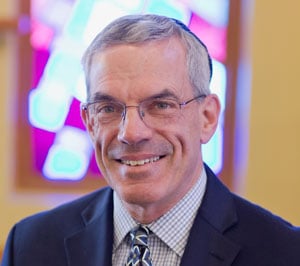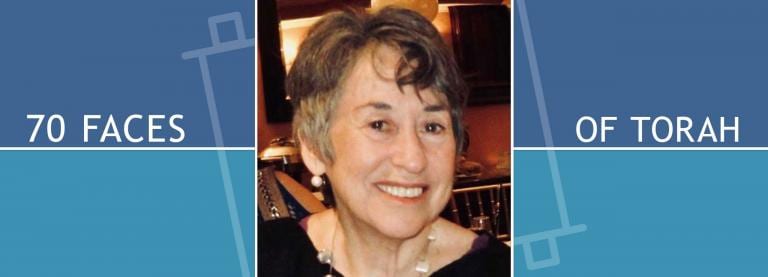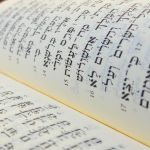Parashat Tetzaveh (Exodus 27:20-30:10) By Joey Glick Every year at this time, I read Spring for Sophie, a wonderful children’s book by my friend and classmate Yael Waeber. The book follows the emotional and sensory journey of a young girl eager for the end of winter. Sophie’s mother helps her to notice—with her eyes, ears, nose, fingers, and tongue—the slow transformation of the season. I love the book for its mindful approach to life and its reminder to carefully notice... Read more


















